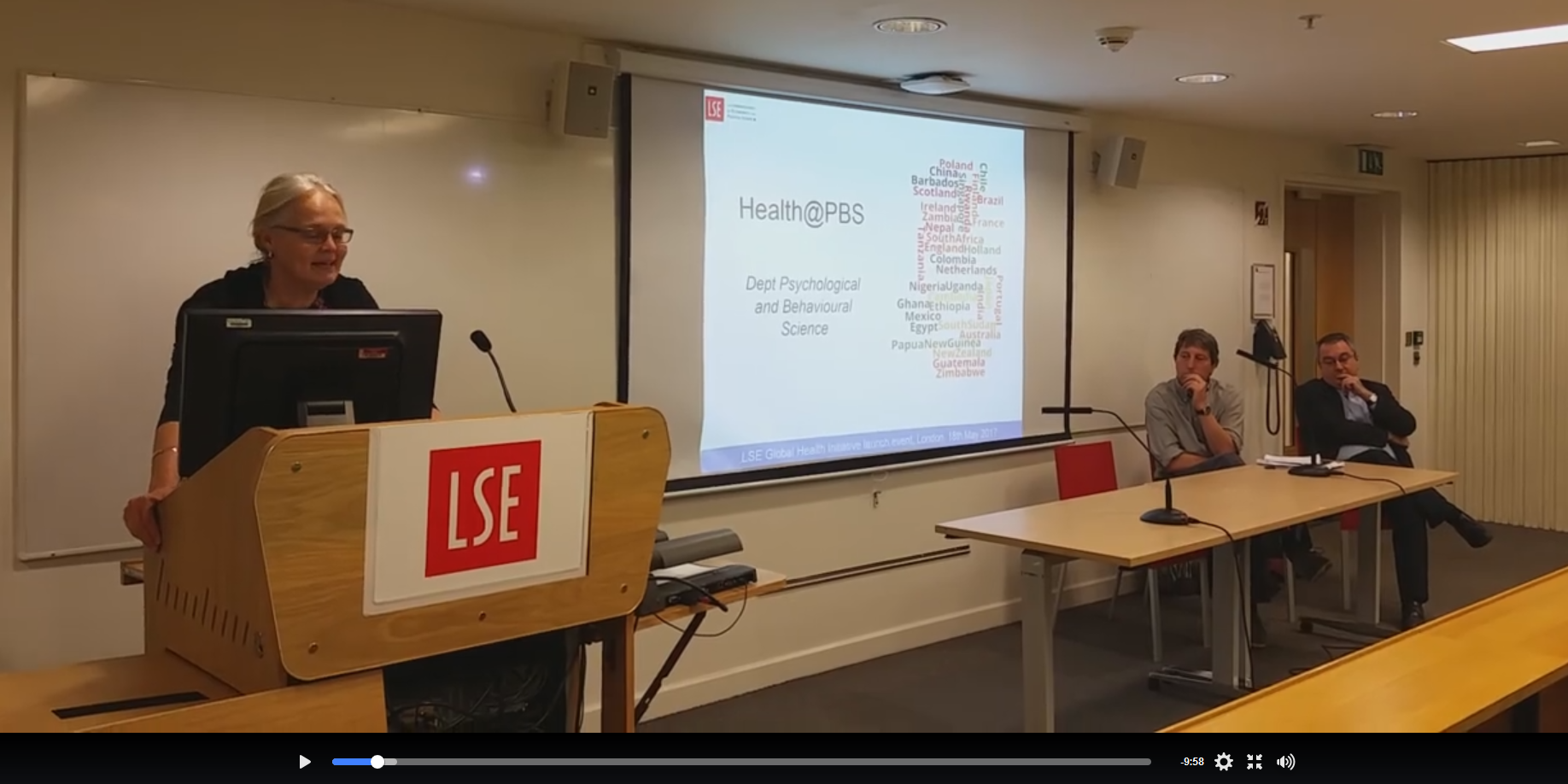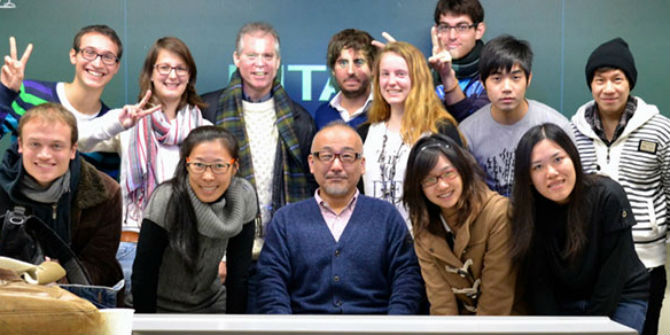 You begin the PhD adventure knowing that you’re in for long hours and late nights. But nothing truly prepares you for what is ahead – it cannot be accurately described, only experienced. Had I known what was in store for me, I might have lost my nerve. But now that I’m a “Doctor,” I would do it all over again. I would however, have heeded the advice of my predecessors a bit sooner. There is a sense of camaraderie amongst those brave souls who have undertaken a PhD, as no one knows our pain unless they have been through it. With this in mind, I present to you my top “lessons learned”:
You begin the PhD adventure knowing that you’re in for long hours and late nights. But nothing truly prepares you for what is ahead – it cannot be accurately described, only experienced. Had I known what was in store for me, I might have lost my nerve. But now that I’m a “Doctor,” I would do it all over again. I would however, have heeded the advice of my predecessors a bit sooner. There is a sense of camaraderie amongst those brave souls who have undertaken a PhD, as no one knows our pain unless they have been through it. With this in mind, I present to you my top “lessons learned”:
1) Make friends inside and outside of academia
Most PhD students relocate for their studies, so it is imperative that you make friends. If you’re one of the lucky few who do not have to relocate, make sure you befriend those who do! Make friends with other PhD students, both inside and outside of your department, from your school and from others. My PhD friends were (and are!) an amazing resource, both professionally and personally. You will need people like you during your PhD journey and beyond. They know what the process is like and will celebrate the ups with you and be there to commiserate and support you during the downs. But be sure to have non-academic friends as well – they will keep you grounded.
2) Have your go-to PhD friend – your rock and your shoulder to cry on
I was lucky enough to have two and I sincerely believe I would not have made it without them. This is the person you call late a night when you’re having a panic attack, the person you can be real and uncensored with and vice versa. These are the people I talked out my insecurities and frustrations with, and for whom I would drop everything.
3) Learn to say ‘no’
This is so important, and something that took me too long to learn (much to my supervisor’s dismay). You can’t do everything and you shouldn’t try. Stretching yourself too thin doesn’t do anyone any good, especially you. Prioritise what you work on and only undertake projects that will help you reach your goals. And always remember – Goal #1 is to FINISH your PhD!
4) Cultivate your relationship with your supervisor
I tell everyone that I felt like I won the supervisor lottery – she always had my back and was incredibly supportive throughout the process. She’s been my champion and teacher and made this difficult process an incredible growth experience I wouldn’t change for the world. But, like any relationship, you must cultivate it – it’s a two-way process. Figure out your supervisor’s communication style and expectations, and be sure that you are clear about yours. If you work together, it will go smoothly and should be enjoyable.
5) Make lists (like this one!)
Lists are great, but be sure to be a) realistic and b) detailed in your list-making. Item #1 should not be “write literature review.” What are your big tasks? What are all the tiny tasks that the big task breaks down into? Be sure to list all the little things and check them off as you go. This helps you avoid the pitfall of feeling like you have accomplished nothing in a day. If you tick off all of the small things you’ve done, you realize that you’ve actually accomplished a fair bit and are much closer to completing your larger goal. It’s incredibly satisfying to see loads of things ticked off of your list and can really help with moral.
6) Figure out what works for you and block your time
Time is your most precious commodity during the PhD. Figure out how you work best and then protect the times during the day that you are most productive. I found that I do my best writing/thinking first thing in the morning, but only if I remained undistracted. If I needed to think through an analysis or write, I’d be sitting at my desk with a cup of coffee at 7am and get to it, making sure that my phone and wifi were turned off until 11am. I found that in the afternoon I couldn’t write, so I would do admin work or go out and enjoy London. In the evenings I found that I could write again, so I’d sit back down and work from 7-10pm, followed by this crazy thing called “pleasure reading” or some mindless telly and a cheeky glass of wine.
7) Stay organized
This one is closely linked closely to #5. It’s important to figure out a system that works for you and to stick with it. And, for your sanity, start using a reference management system ASAP. You will read a ton and you will need to go back to things you haven’t looked at in two years when you’re tackling the final write up. Your bibliography will be L-O-N-G. Don’t hand write it, that’s needless work that will most likely not be accurate.
Also be sure to save everything you write and use a filing system that makes it easy to find. You never know when you might be able to use it. I found myself going back to random bits and bobs I had written two years before and putting them into the final PhD.
8) Learn how to use Word effectively
LSE offers IT training courses on how to format your PhD. Go to a session and go as early in your PhD adventure as possible. I went in my second year and the session was packed with people who had two days to correct major formatting errors. Do not do this to yourself. Invest the time in setting up a Word template that follows all of the formatting guidelines and use it for every document you create for your dissertation. This will make combining chapters much easier.
If you don’t know how to already, be sure to learn how to use headers and know what the ‘document map pane’ is – it will save you loads of time and will make building a table of contents a breeze. It’s a simple thing and not doing it will cause you a world of hurt towards the end.
9) Invest in a good desk chair and a foam roller
If that’s not in your budget, invest in a good seat cushion. You will be sitting A LOT and your body will hurt. Many people physically suffer in the final year because they’re sitting in front of a computer for hours on end. Good back and bum support is essential. A foam roller is particularly helpful in getting knots out of your back and shoulders.
And lastly,
10) Be kind to yourself
You are smarter than you think and stronger than you realize, so give yourself a break. We’re our own harshest critics, so remember, would you say to a friend what you say to yourself? Probably not – you wouldn’t have very many friends! Take time off to step away from the PhD and do something fun, and be sure to do that at least once a week.
One piece of advice that really stuck with me is this – in order to finish a PhD, something has got to give. So figure out what that thing is for you, and let it go. And don’t beat yourself up over it. You can’t be all things at all times.
A PhD is not a sprint; it is a marathon. Pace yourself, keep looking ahead, and you will get it done. Then you can emerge from the Ivory Tower dungeon reborn, and move up into the postdoc basement.

Teresa successfully completed her PhD this past fall and the ink finally dried on 31 Dec 15.
Her research focuses on how dialogue, identity politics, and socio-spatial relations influence behavior in intergroup contact situations, using interfaith and inter-belief relations as a case study. She is particularly interested in conflict resolution and peace-building, community building in diverse societies, the stigmatization of minority groups, and how identity renegotiation strategies can lead to social change.





